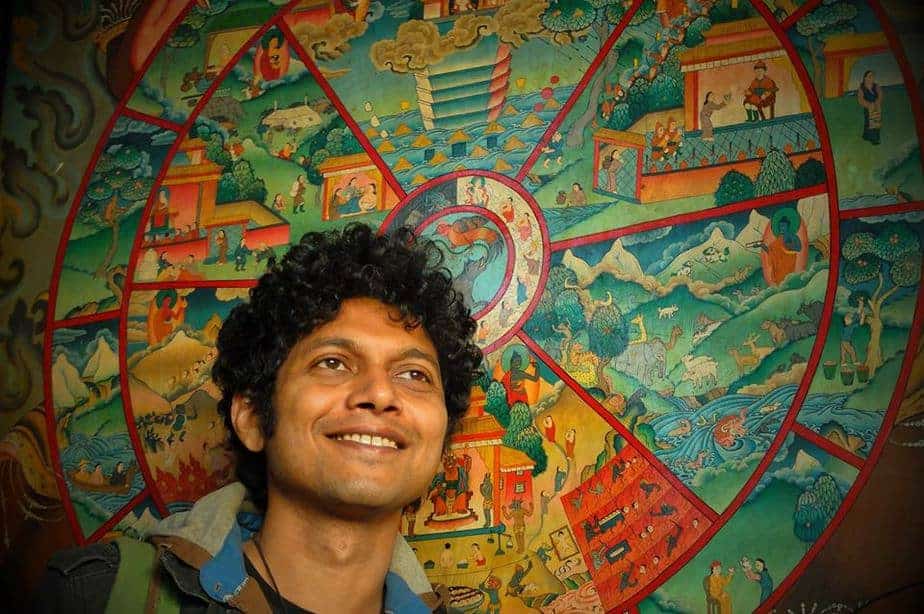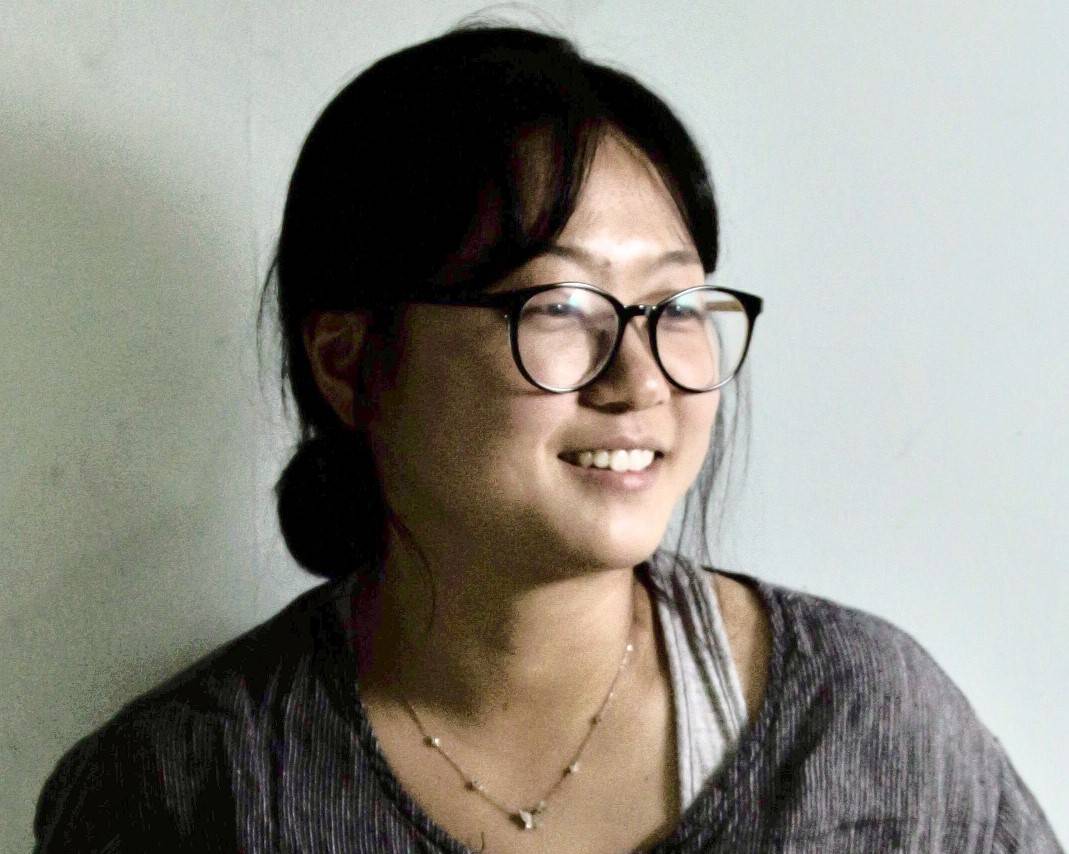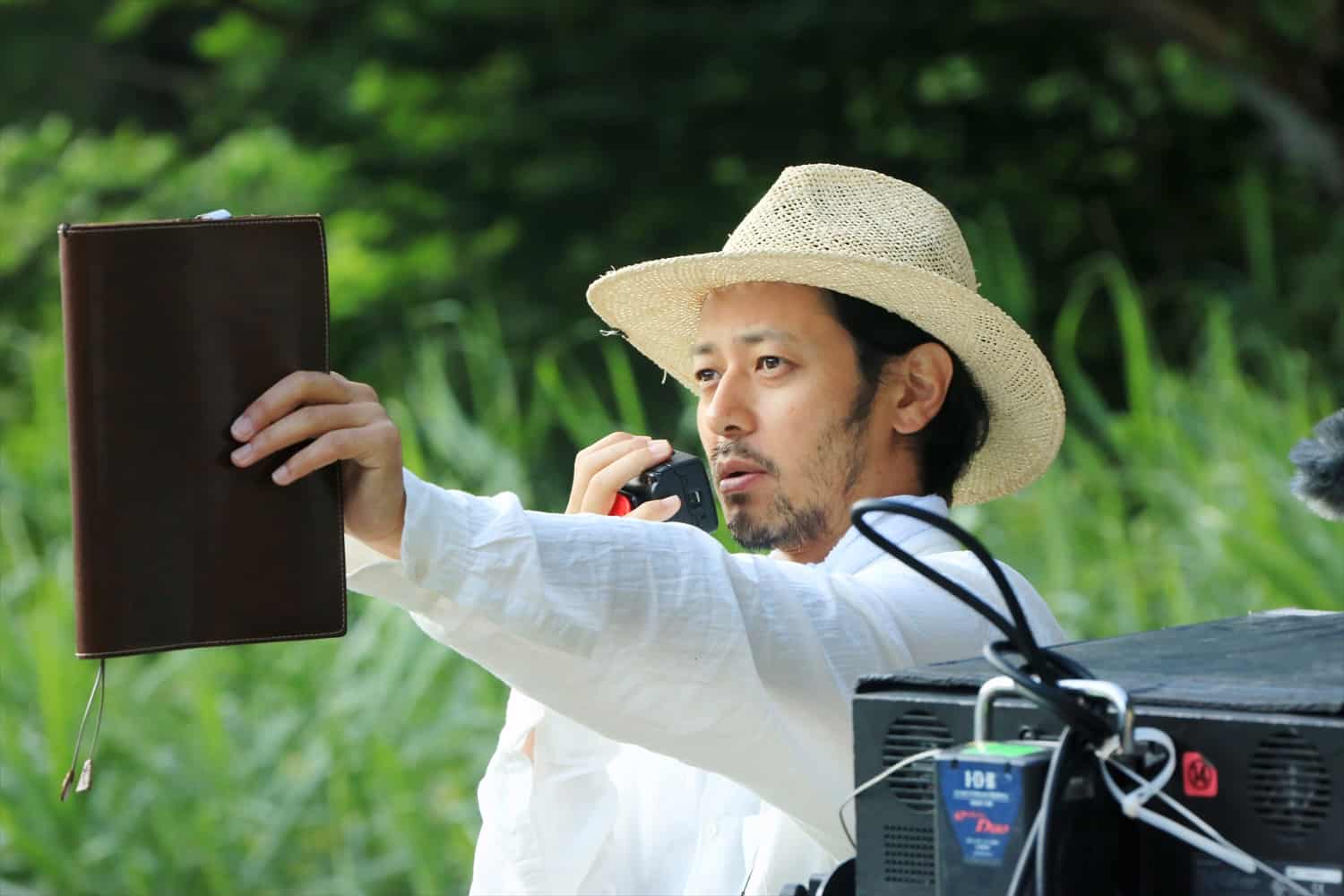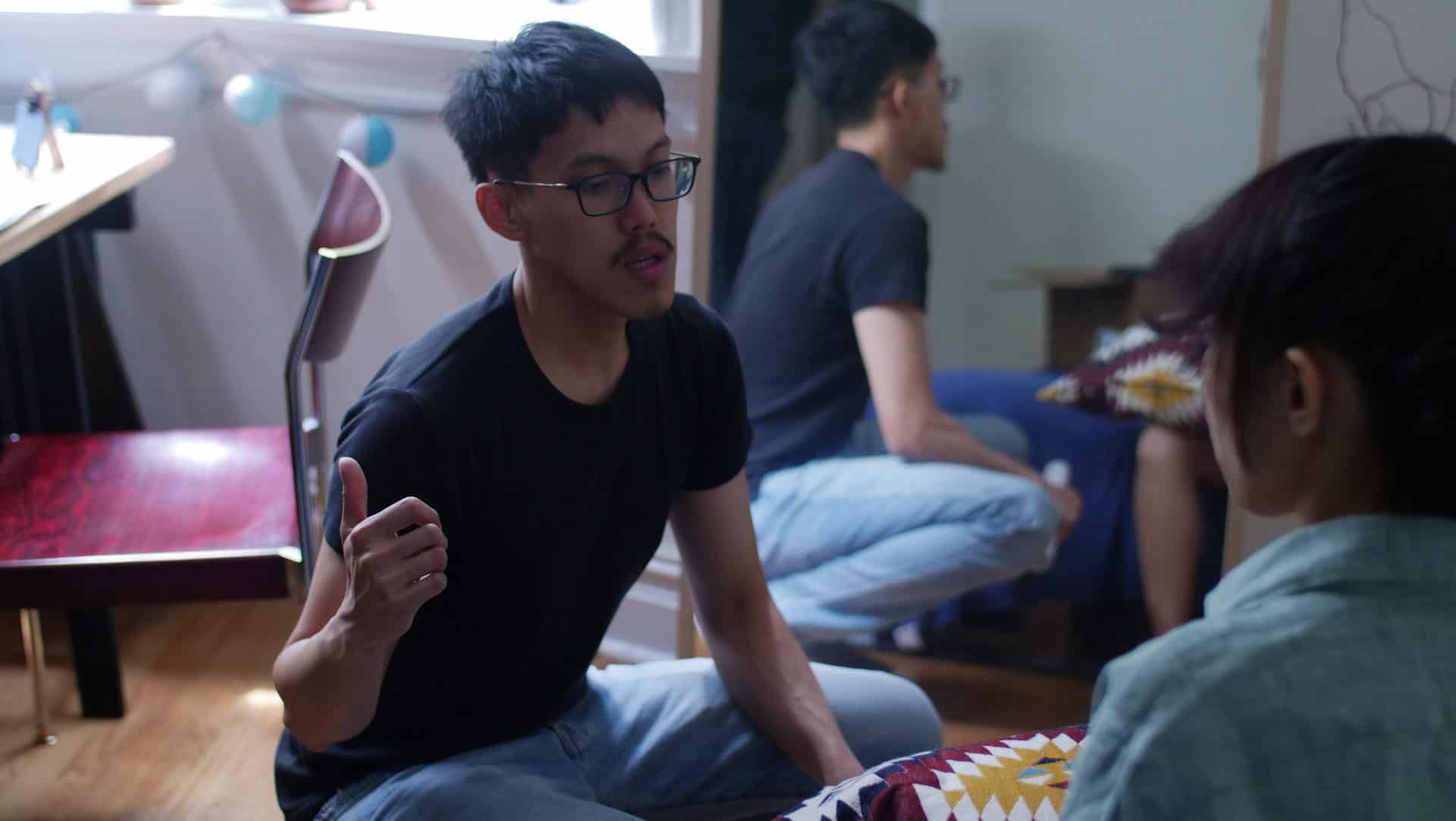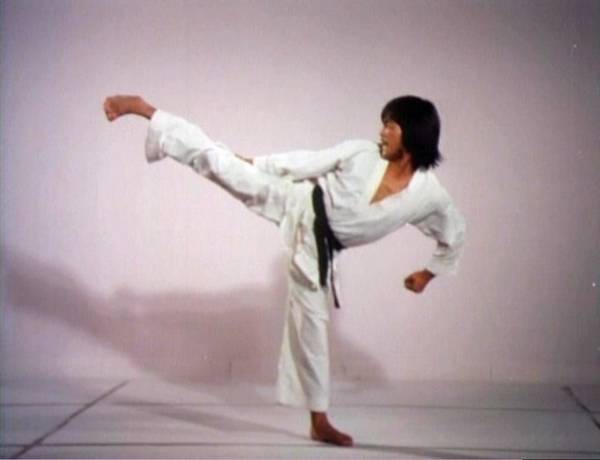By Zuairijah Mou (interview was conducted on March 2018)
Based in Dhaka, Bangladesh, Mahde Hasan is a screenwriter and director. His short film, ‘Photographs of a School Teacher', premiered at “IndieCork Film Festival, Ireland, 2013”. Another short, ‘I Am Time', screened at 69th Festival del Film Locarno, 2016. Mahde Hasan placed first in the section ‘Movie of my Life' at the 70th Locarno Festival, 2017. He participated in Ekadeshma Film Lab Nepal 2017, an intensive script and project development workshop organized in collaboration with Open Doors Locarno.
‘Every film has a different language' – how do you deal with this?
Film has different language or every film has its own language – which one you meant actually? Music has its own language, poem has its own, and painting has its own language too, so of course film has its own language. That's why we call cinema, cinema. Some expressions we can express through music, others through film. The same expression is different in poem or stories. The expression and language is different in different media.
You always wanted to become a filmmaker? When did you decide you will be a filmmaker and how?
Poet: that's what I wanted to be. Then I wanted to be an artist or a painter. Film came to mind unconsciously. I did not watch films that much. One day, cannot remember the date, a friend asked me to watch a movie. I watched it. Again and again. I discovered that movies have a different language. And I was 21 at the time. Then I started watching movies. More than five years I spent in that huge world of film-making. Slowly, cinema started connecting with me. I also communicated with cinema. Communication brings the attraction and then the relationship. However, this relationship with the film must be complicated.
In your films, you also do the cinematography and editing. Do you do this only for your own films? Which capacity of the three you like the most?
If you do not know the technology, people will try to take over. So I learned the technology as much as I needed. That's why I do cinematography or editing. However, doing all the work by myself may not be right in many cases. Maybe it is not possible also.
I like working with others as a cinematographer. What others want to see in their movies, it is interesting to see those things in my own way. The pressure is low in these cases. Just keep an eye on the camera with joy, that's all.
But I never thought of myself as a cinematographer, nor an editor. The word ‘director' also doesn't attract me more. Composer is the word I like the most. Compose the scene and sound, like music. Like the script. Like taking a notation on music.
‘I Am Time' or ‘Photographs of a School Teacher' indicate that monologue is your favorite tool in filmmaking. Is it? Do you think that sometimes monologue decreases the appeal of the scene or it represents the scene in a very subjective way?
I loved monologue. Still I like it. But not as much as before. How the thought-story or philosophy can be expressed through scene or sound, it attracts me more now. Sometimes monologue ruins the scene. If it is weak. For example, in ‘I am Time' now, I would not have used monologue in this way. But I do not know whether it is always very subjective or not. Sometimes it can add new dimensions.
Does a filmmaker have to live his/her films?
How you can make a film if you do not live the movie? Not for film only, it is important for literature, poetry, painting, etc. Otherwise, the creation will be lifeless.
‘I am Time' or ‘Photographs of a School Teacher' seem like pages from a personal diary. Is it because of some obstacles like budget problems or limitations of equipment or artists? Or do you just like the format?
Yes, you can say it is like a page of a diary. The film can be made without huge arrangements – from this idea I made it. But this does not mean that I do not want to make a big budget film. It is important to understand how to express your thoughts. Even if it is not always necessary that the medium should be a movie. It can also be done through poetry, music or photography. And the budget is a reality, not an obstacle.
Film has the power to influence culture. Does it bother you to see that power abused?
Film, poetry, sculpture, photography have the power to influence culture. Sometimes it influences so fast, sometimes it is too slow. And the main thing is that people use different powers for different purposes. It's the original instinct of human being.
What do you think about the adaptation of film from literature? What are the negative and positive sides of it?
It is important to know the language of literature and the language of film both, for the adaptation. There is a difference in the language, that's why one is literature and the other one is cinema. If you know this difference, whether it is basic or adaptable, there is no problem.
Is film a responsibility?
Since the beginning of the construction of a movie and till the end there are so many responsibilities. It is important to know that all. I do not know whether there is any different liability.
You did graduation & post-graduation on Anthropology. But now you are a professional of an audio-visual medium. Most of the filmmakers of our country do so. What do you think about this?
Many filmmakers come from different backgrounds. Some are from philosophy, some from history, some from physics, some are from fine arts too. Not everyone has come from Film School. However, most of us do not have any choice for learning here. We study without any target. As a result, we have no expertise in knowing or thinking about something.
By watching your film, I think that you are a narcissist. Do you think so?
Haha ha … In a sense, yes I am a narcissist. But not from the Greek mythology. I am obsessed by my own image, but also attracted by others, others' images. Can it be called narcissism?

In your documentary there are many fictional-elements, as well as in fiction there are documentary elements also. On the other hand, it seems your films ‘I Am Time', ‘Where is the Friend's Home' or ‘Photographs of a School Teacher' are easily recognized as both fiction and documentary without the title card. What do you think about this?
Not sure about the other work, but I had a funny experience with ‘Photographs of a School Teacher'. A film festival kept it in the Fiction category; another kept it as a documentary. It is very interesting.
Your film was selected for Locarno Film Festival Open Doors Screening session – 2017. You also took part in the film lab of the Ekadeshma International Short Film Festival. How do you feel about all this? I think that now, the connection with the world is easy for our filmmaker .
Yes, it was in the Open doors session, in the “Movie of my Life” section. It seems that the range of communication is bigger. Αt that time, I went to the film lab. Telling your idea to others and listening to others was a great experience. You can realize your own faults by this type of sharing, as well as you can be aware about what people from other countries think.
But it is not only the film that is important in the festival or the lab part. It is also about discovering yourself in another geographical view, discovering yourself in another history or community. This the best part of the festivals. These contacts make others curious about our films. It might grow more.
What do you think about full length feature films? Do you want to shoot one, and if the reply is positive, when? Some identify short films as practice for feature length film. What do you think about it?
With regards to the length, there is a lot of debate about the full length or short length of the film. That's another conversation. I do not see the short film as a preparation for something. It has its own identity. You see, writing a short story is not the preparation phase of writing a novel. Such miniatures and frescoes cannot be compared. They are two different forms of art.
I'm thinking about a feature length film now. I am composing the screenplay for that. Let's see.
That's great news definitely, what are you working on next?
We're doing the screenplay. And another thing is in our country there are no such books available here. I mean film-related books. So I want to translate, relevant and important books. I'll do it later.
Thank you, this was a good conversation.
Same here, I enjoyed it a lot.


